Complete the following reaction.
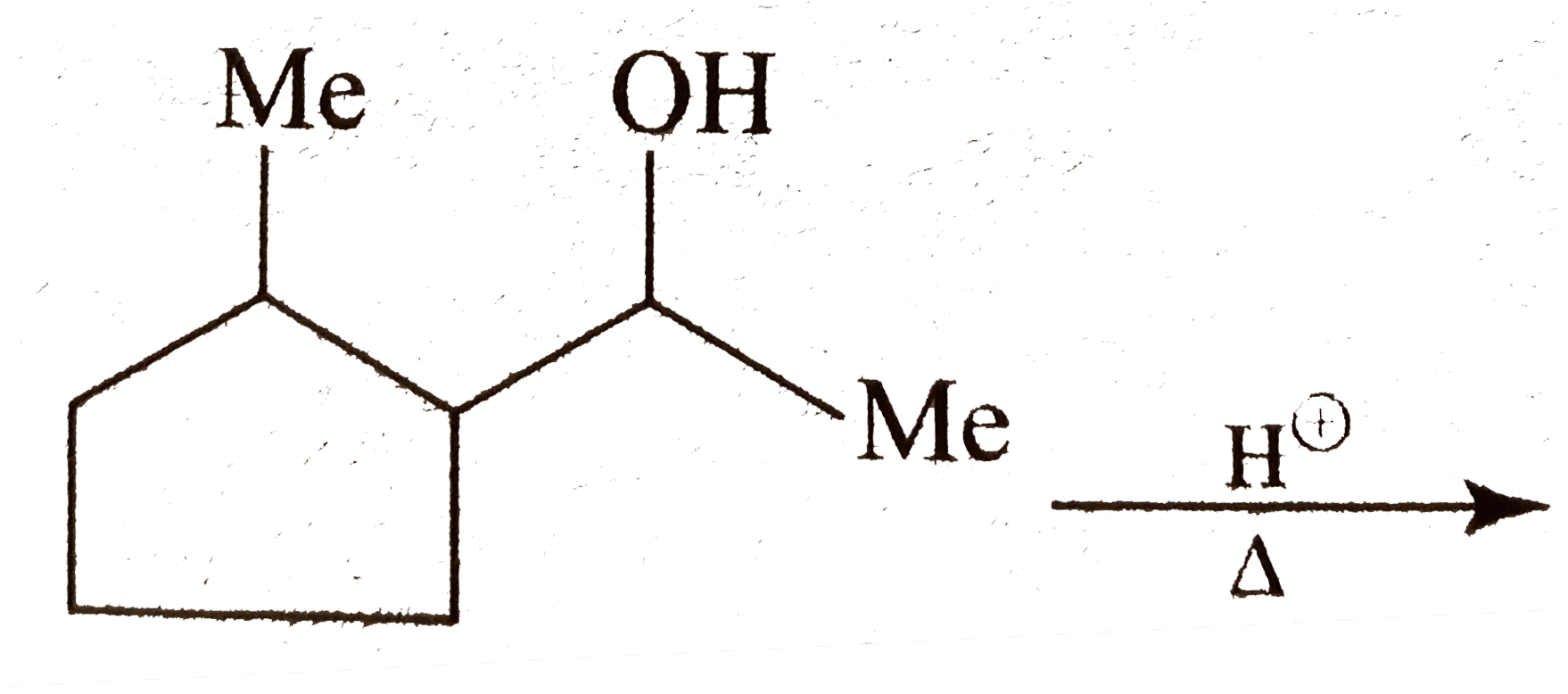
Alcohols are converted to alkenes by using and organic base. Explain that whyc this is an effective method.
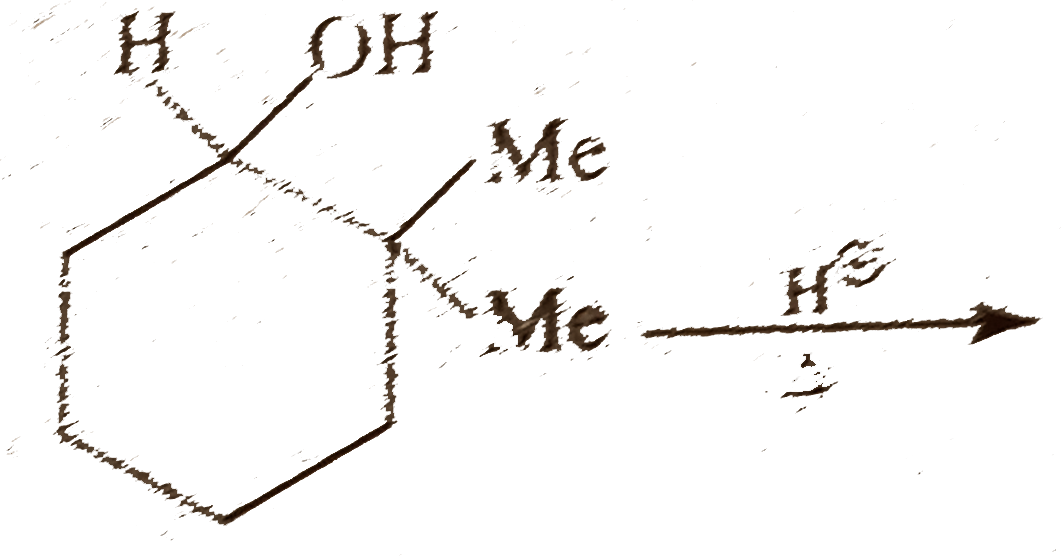 ,
, 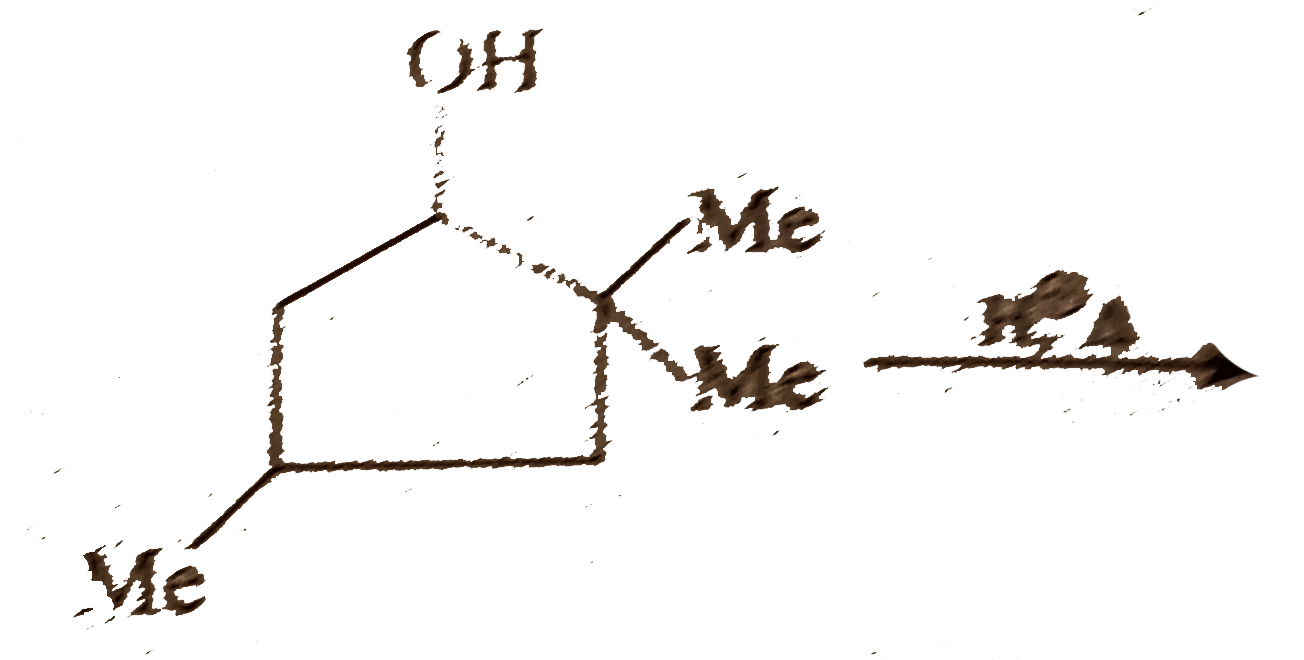
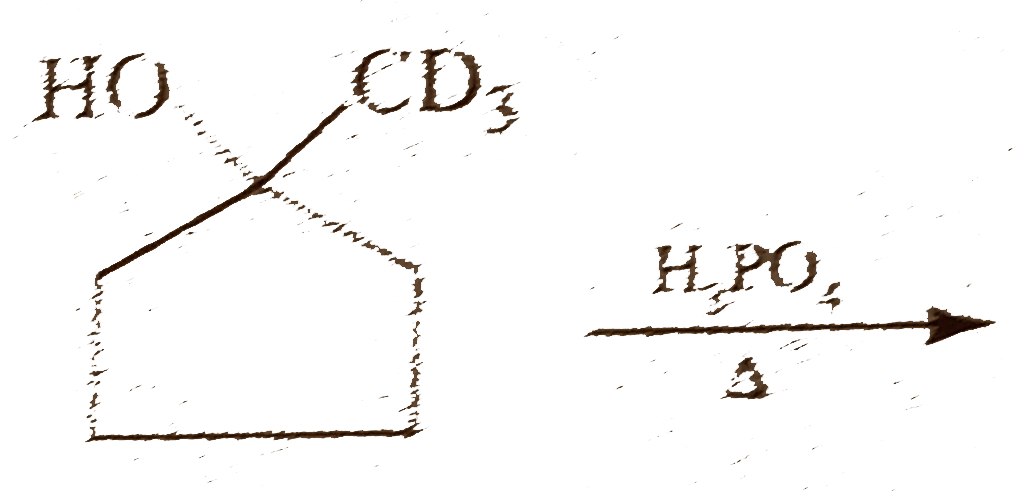
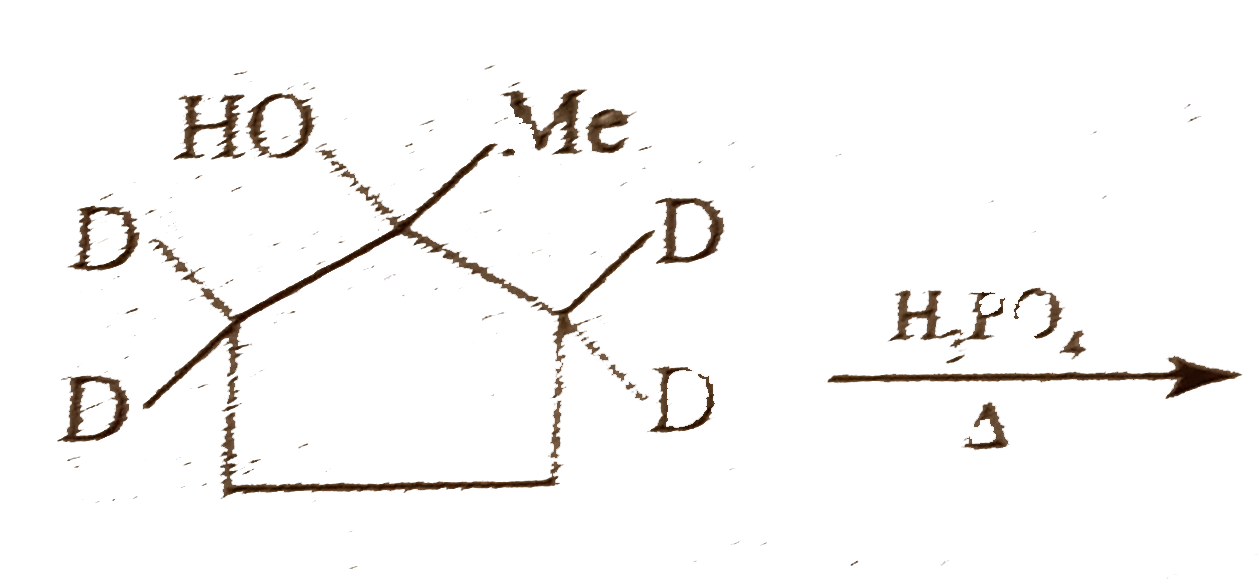
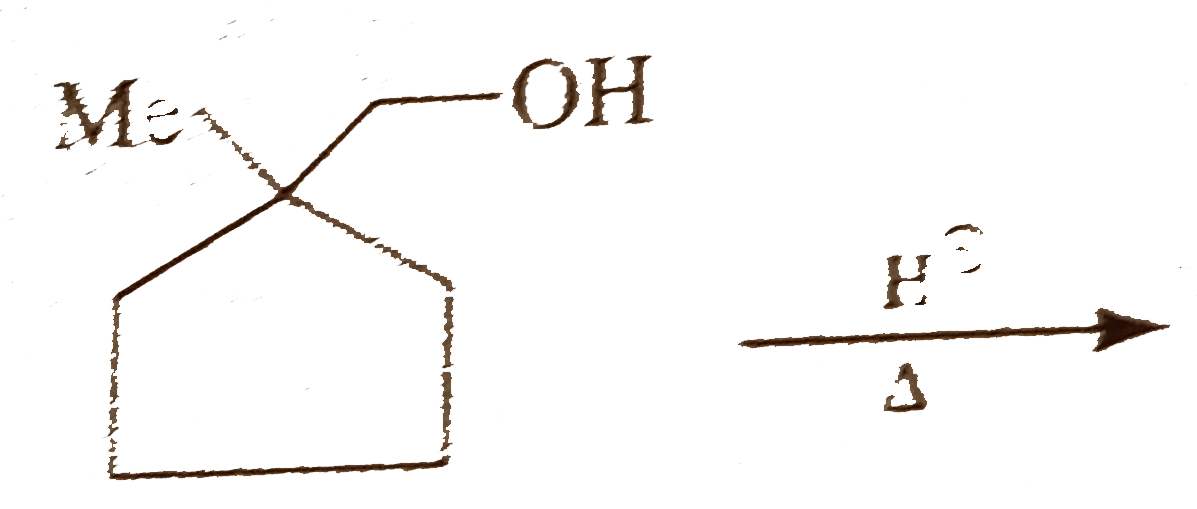
Video Solution
Text Solution


Ring expansion from path is more feasible than from path because via path there is more steric hindrance. But product is more stable than .
Therefore, both the products are formed.
Mechanism with Pyridine this method id effective because of easy formation of alkene due to good leaving group
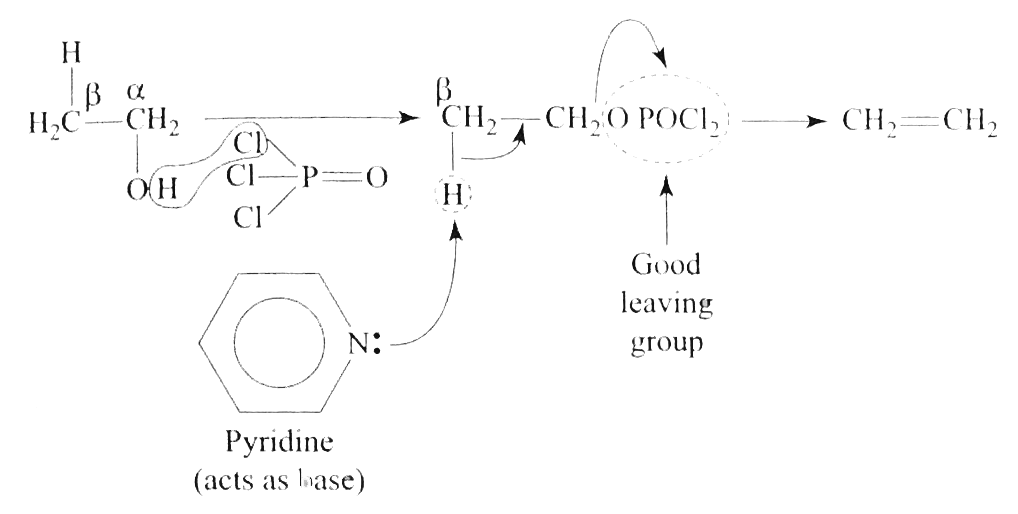
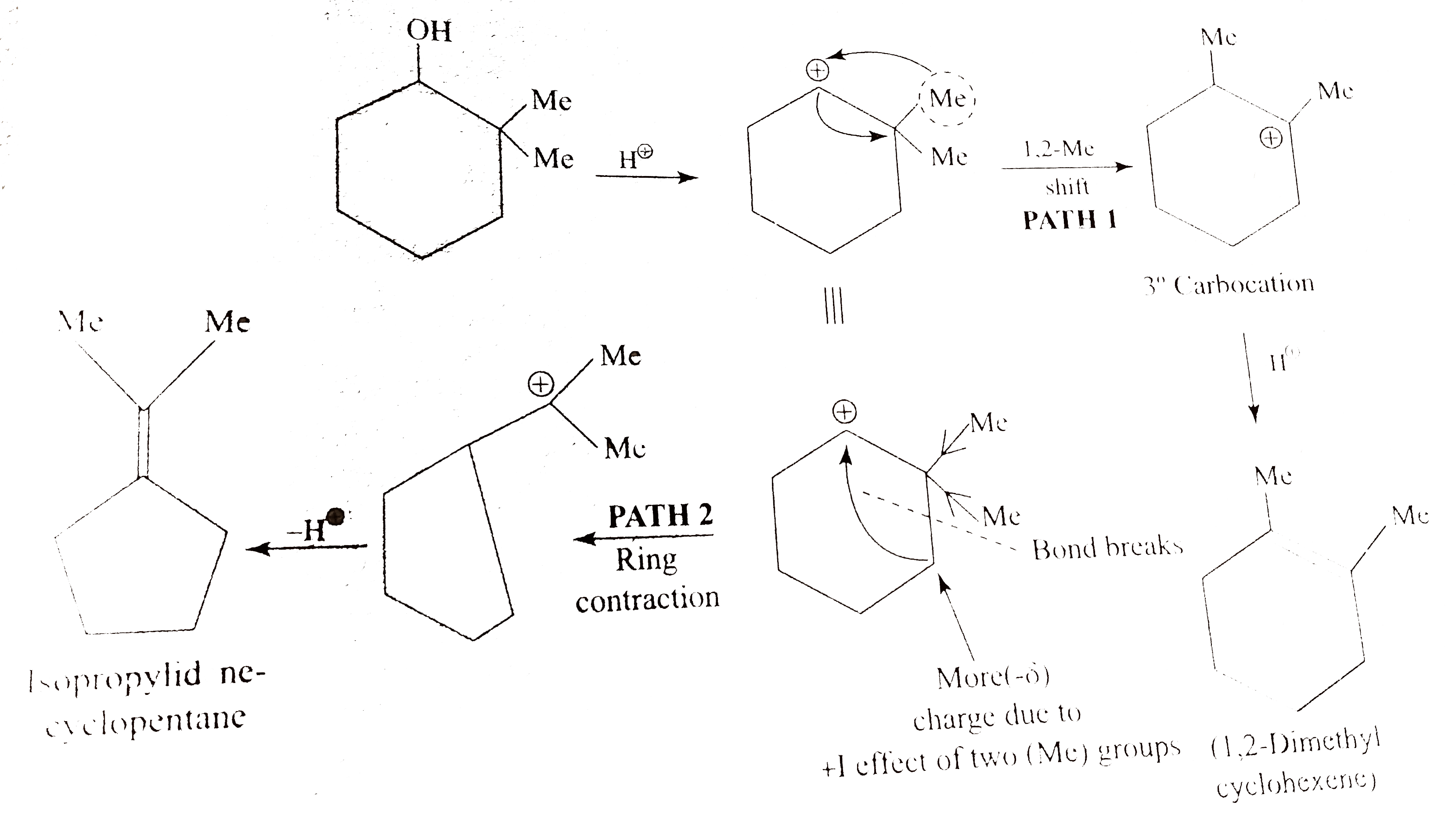

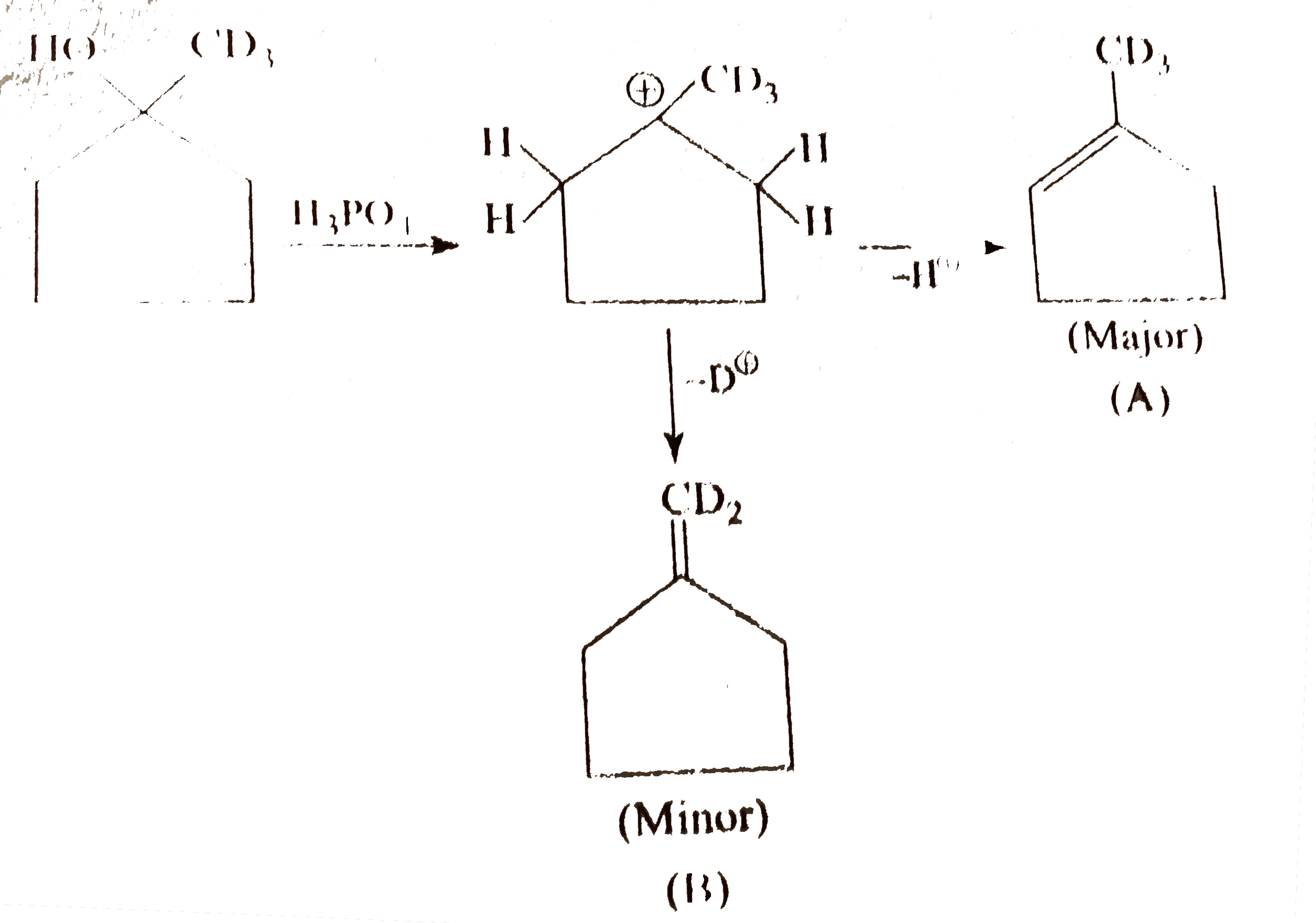 The cleavage is about seven times stronger than the cleavage, so product is formed seven times faster than product .
The cleavage is about seven times stronger than the cleavage, so product is formed seven times faster than product .
Formatio of is faster than . But is formed inmajor amount (Saytzeff's product, more substituted alkene) than .
In other words, one can conclude that the formation of is kinetically controlled, whereas the formation fo is thermodynamically controlled.
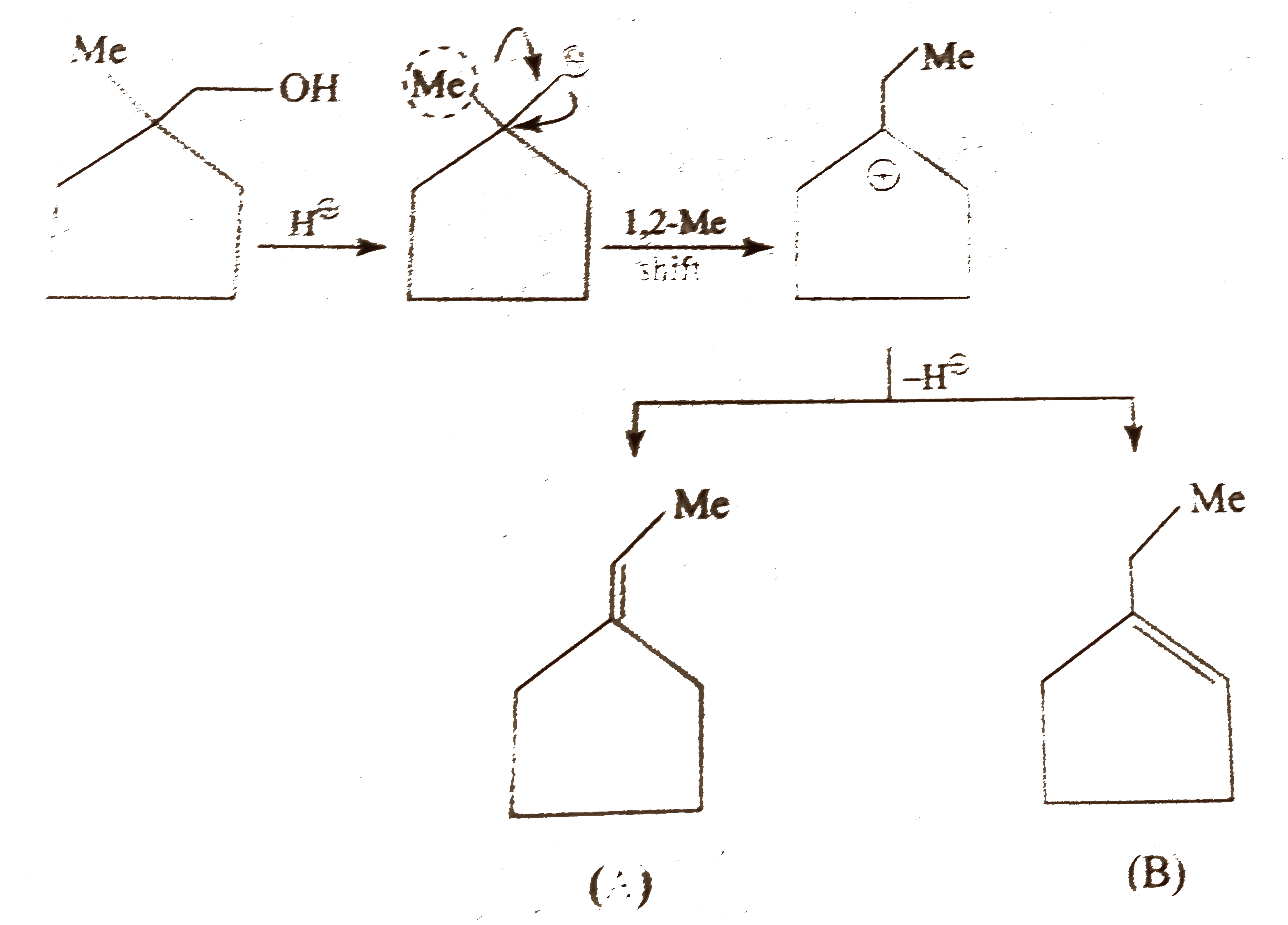
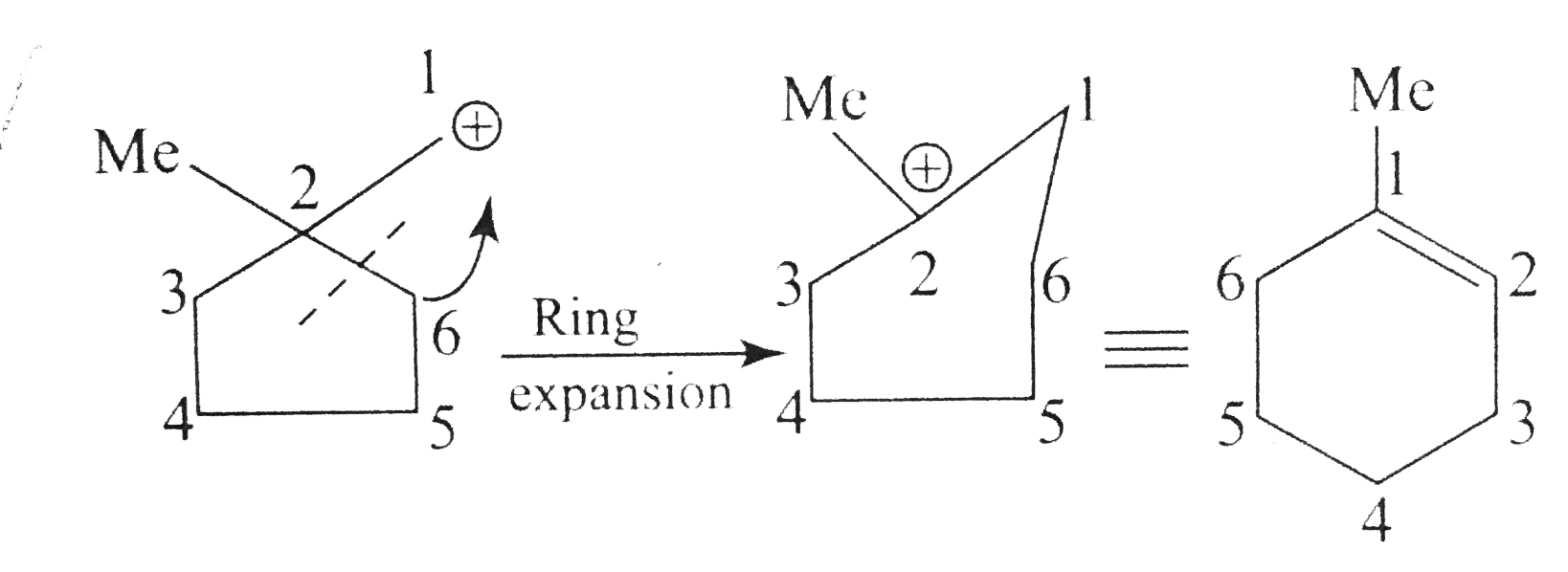
Numbering in accordane with the problem Numbering in accordance with the naming of the compound
Prodct , six membered ring is mores stable than five memebered ring because ring strain has been relieved from five membered rind to six memebered rind, the ring strain has decreased . ltbr> But both and are equally stable and are Saytzeff's product and trisubstituted alkenes.
All the three products are possible. The stability order is
|
Topper's Solved these Questions
- ALKENES AND ALKADIENESBOOK - CENGAGE CHEMISTRYCHAPTER - ALKENES AND ALKADIENESEXERCISE - EXERCISES
29 Videos
- ALKENES AND ALKADIENESBOOK - CENGAGE CHEMISTRYCHAPTER - ALKENES AND ALKADIENESEXERCISE - linked Comprehension Type
38 Videos
- ALKENES AND ALKADIENESBOOK - CENGAGE CHEMISTRYCHAPTER - ALKENES AND ALKADIENESEXERCISE - Single correct Answer
14 Videos
- ALKANES AND CYCLOALKANESBOOK - CENGAGE CHEMISTRYCHAPTER - ALKANES AND CYCLOALKANESEXERCISE - Archives
13 Videos
- ALKYNESBOOK - CENGAGE CHEMISTRYCHAPTER - ALKYNESEXERCISE - Exercises (Archives - Analytical and Desriptive Type)
4 Videos
Similar Questions
Complete the following reactions:
a.
b.
c.
d.
View SolutionComplete the following reactions:
a.
b.
c.
d.
View SolutionComplete the following reactions :
a.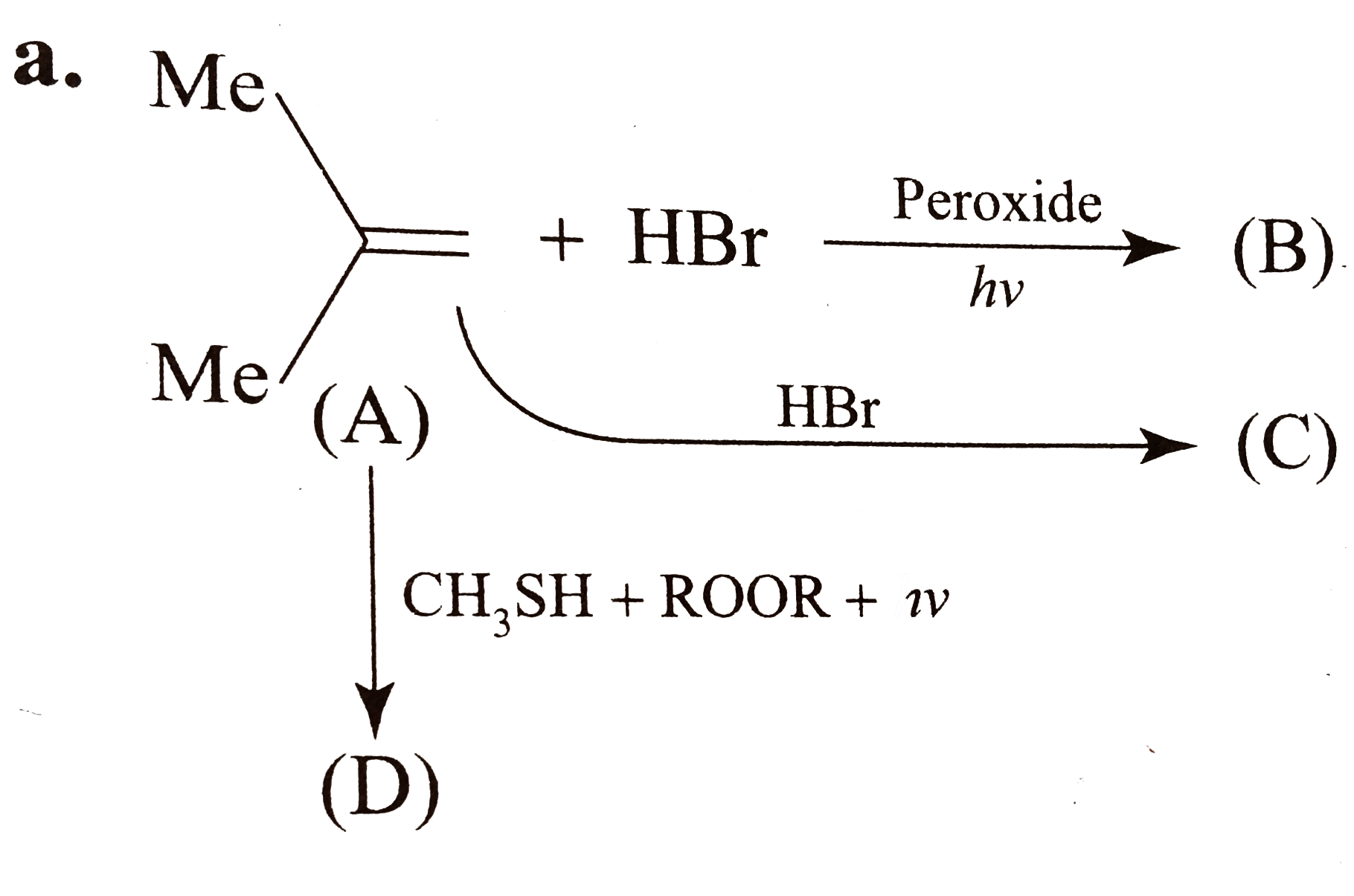
b.
c.
d.
e.
View SolutionComplete the following reactions :
a.
b.
c.
d.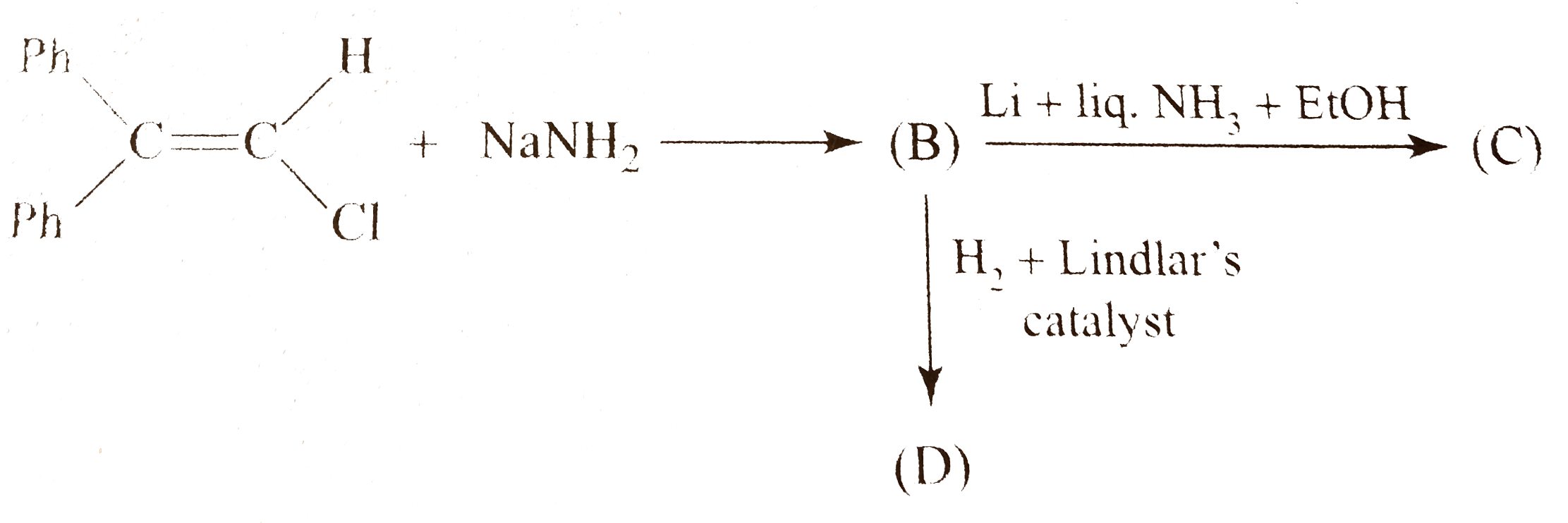
e.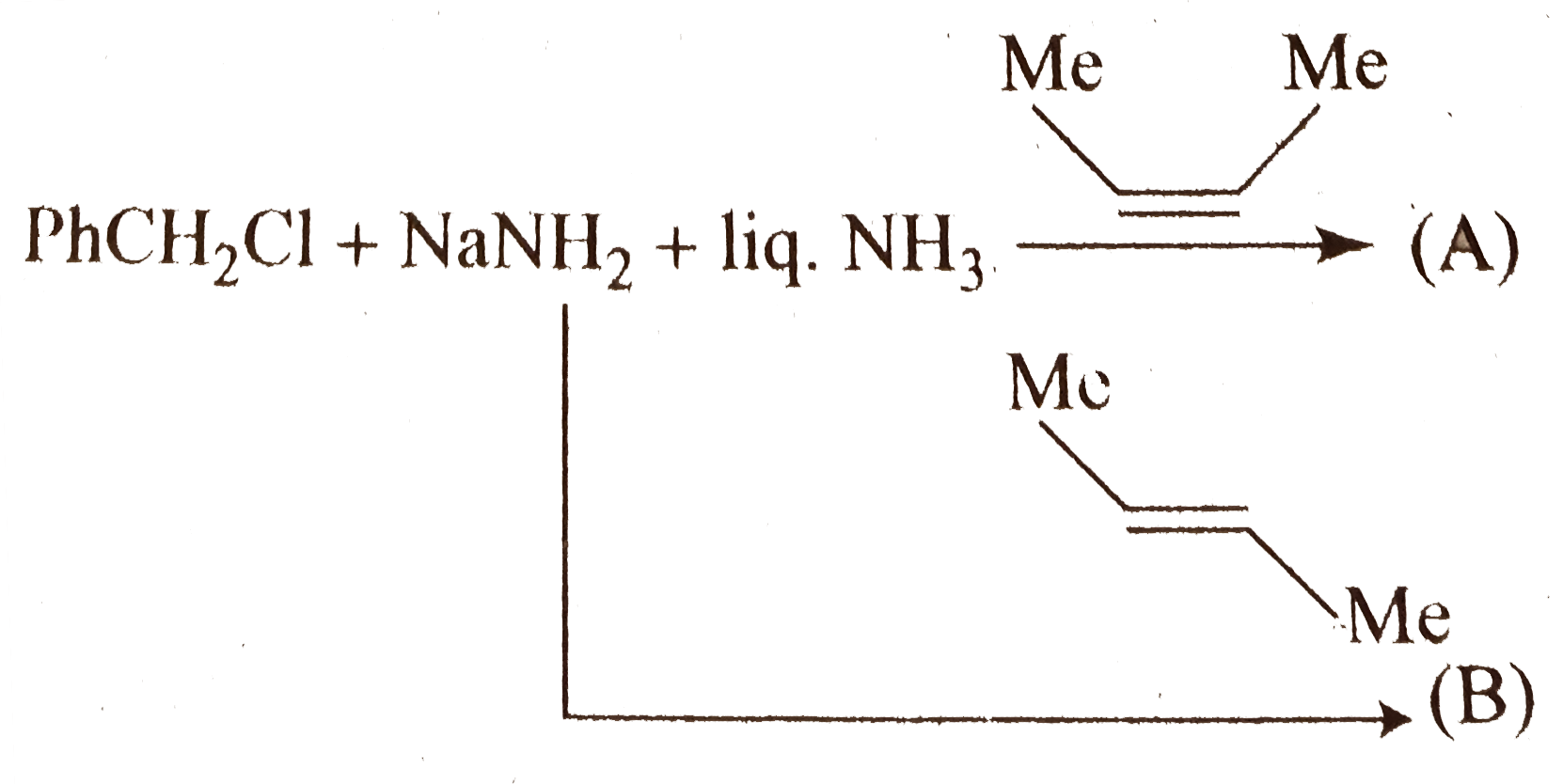
View SolutionComplete the following reactions:
a.
b.
c.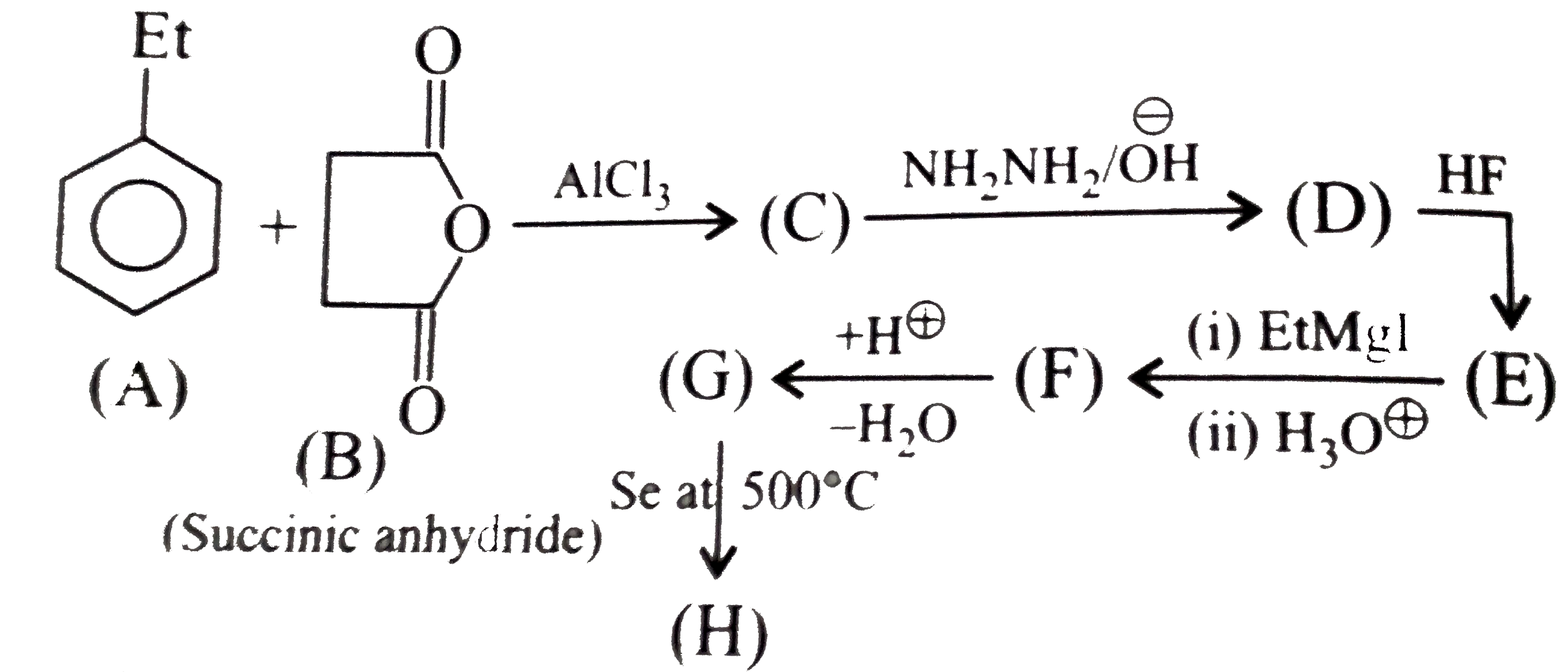
d.
e.
View SolutionCompete the following reactions:
a.
b.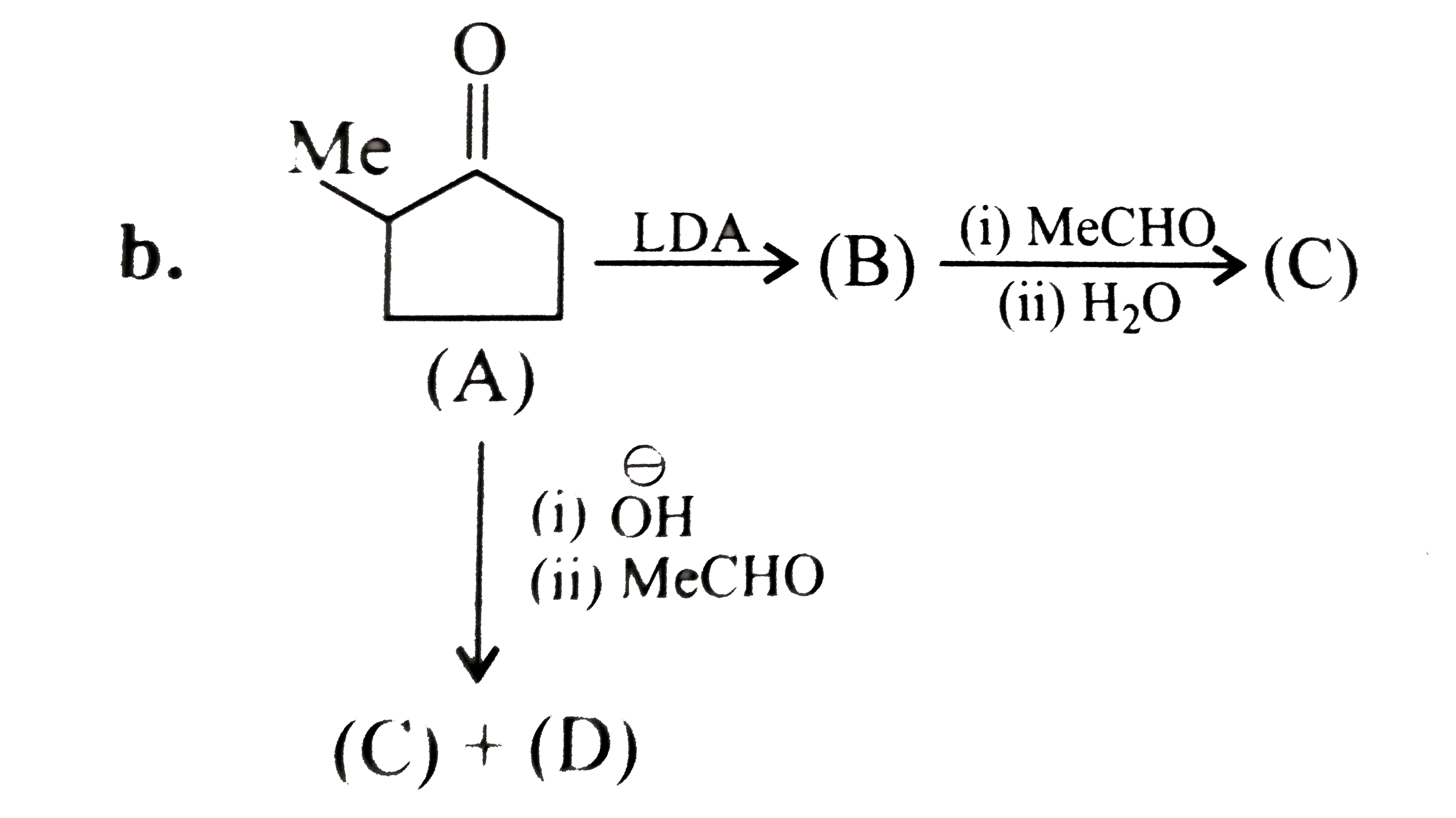
c.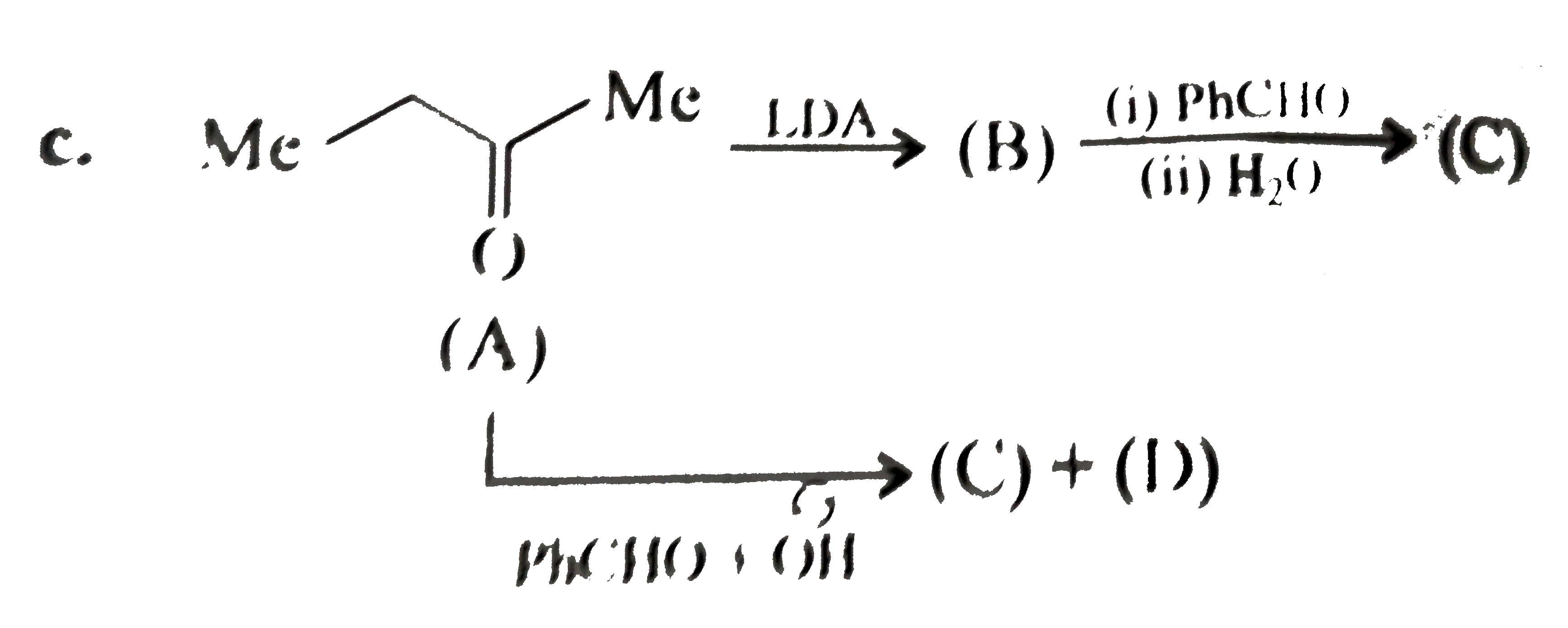
d.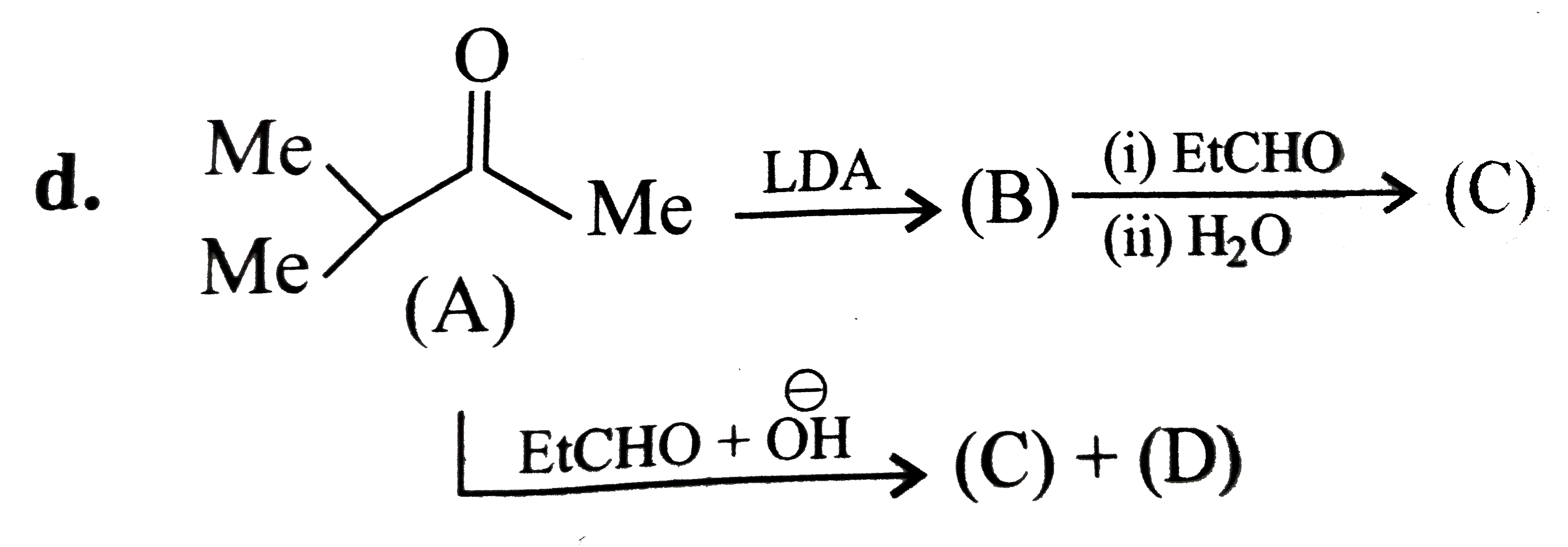
e.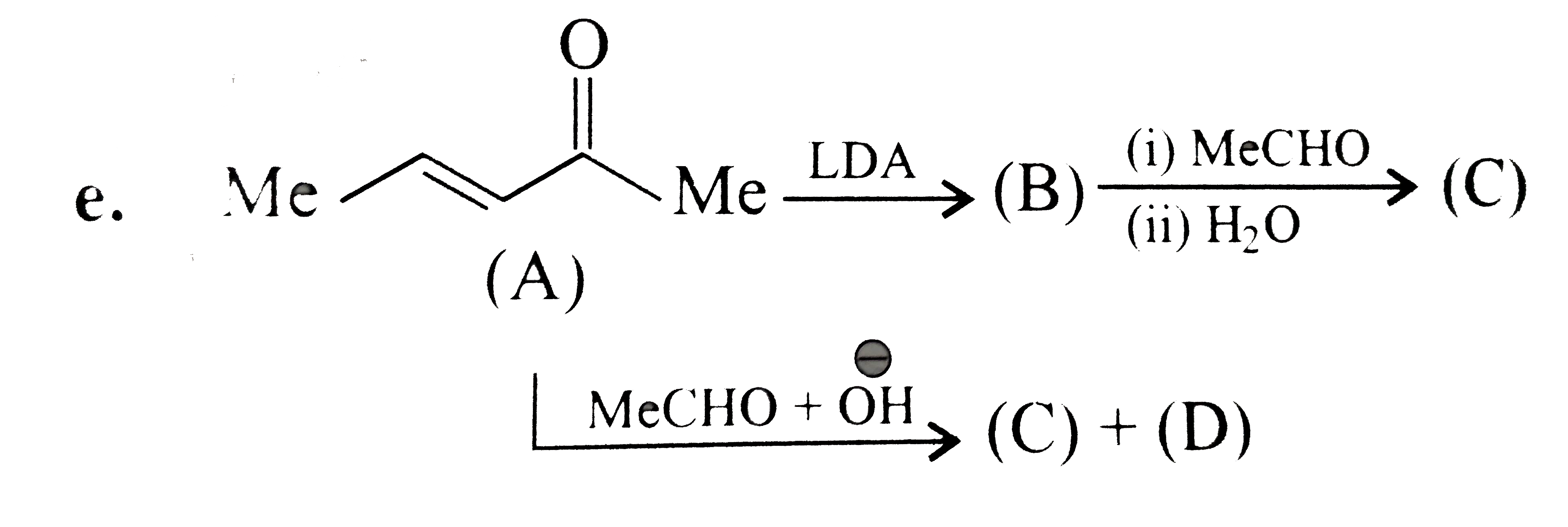
View SolutionComplete the following reactions :
(a)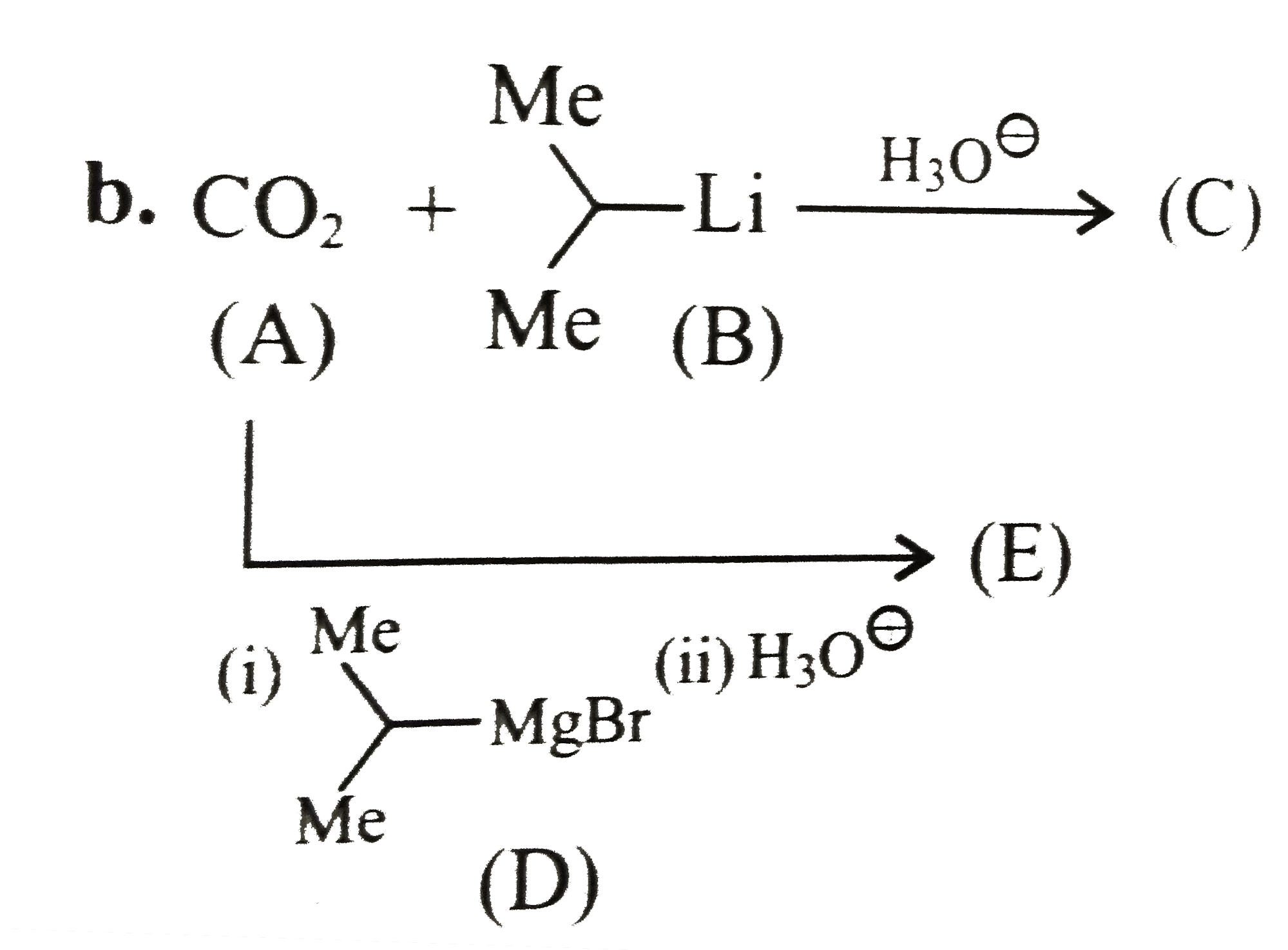
(b)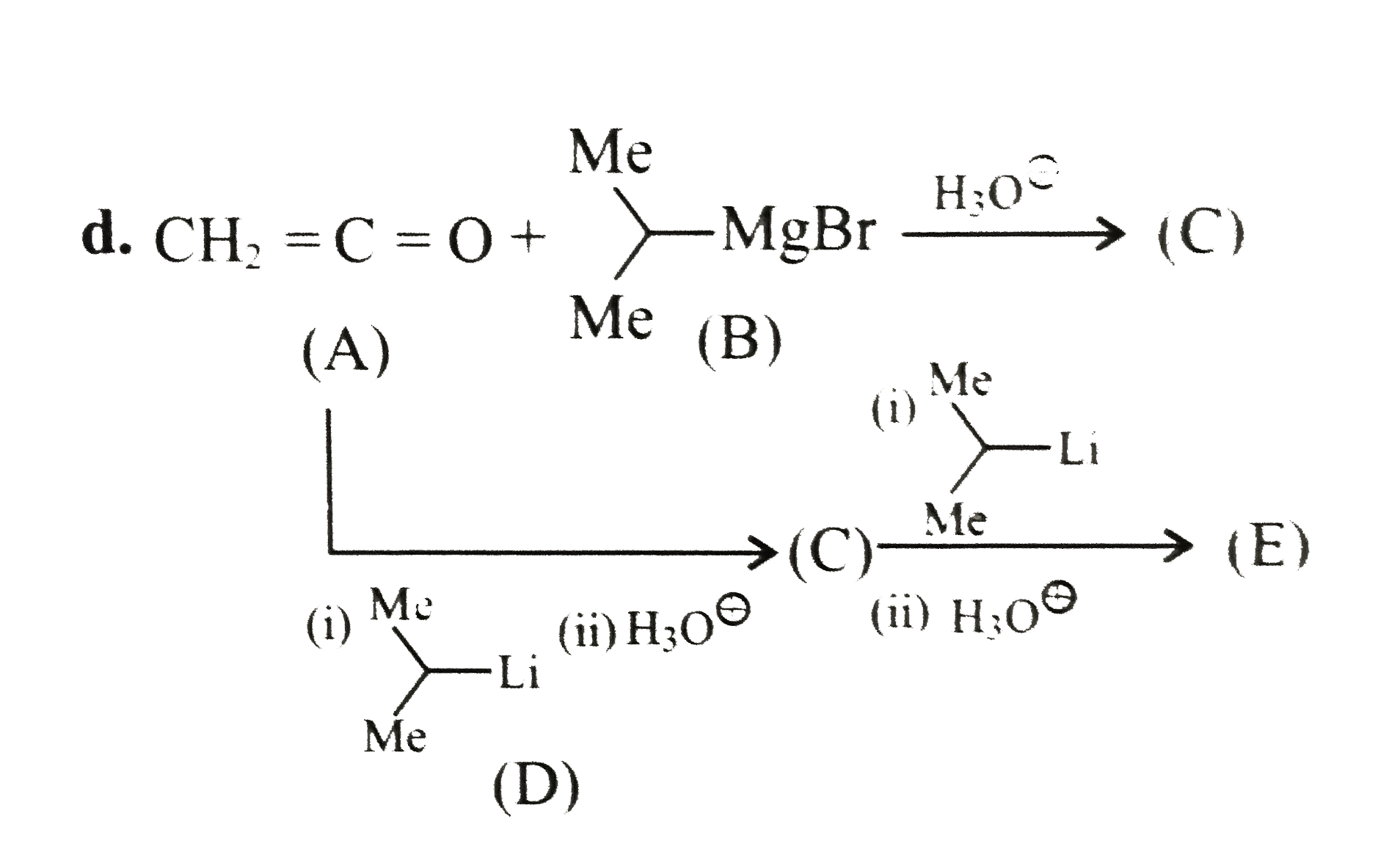
( c)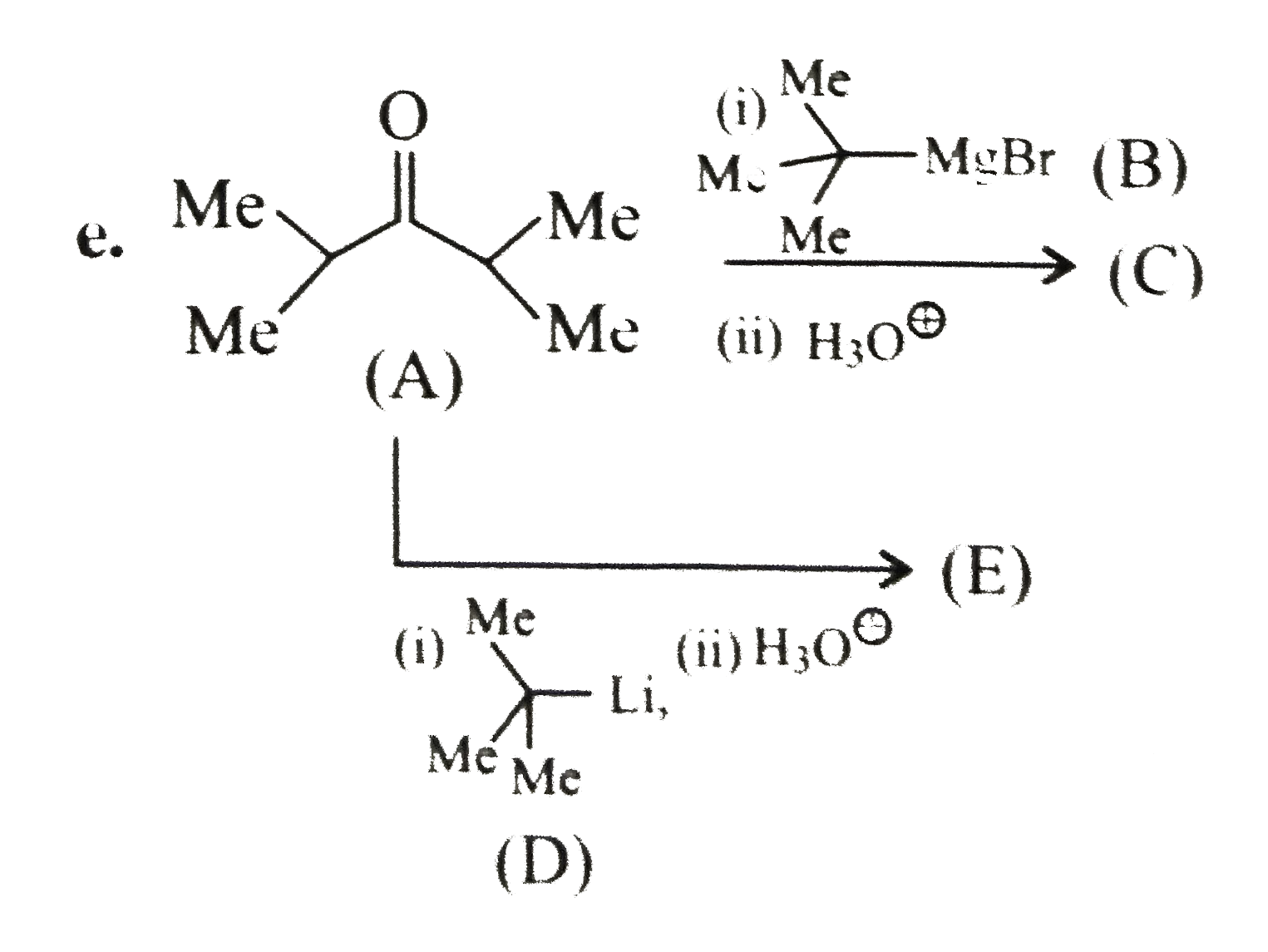
(d)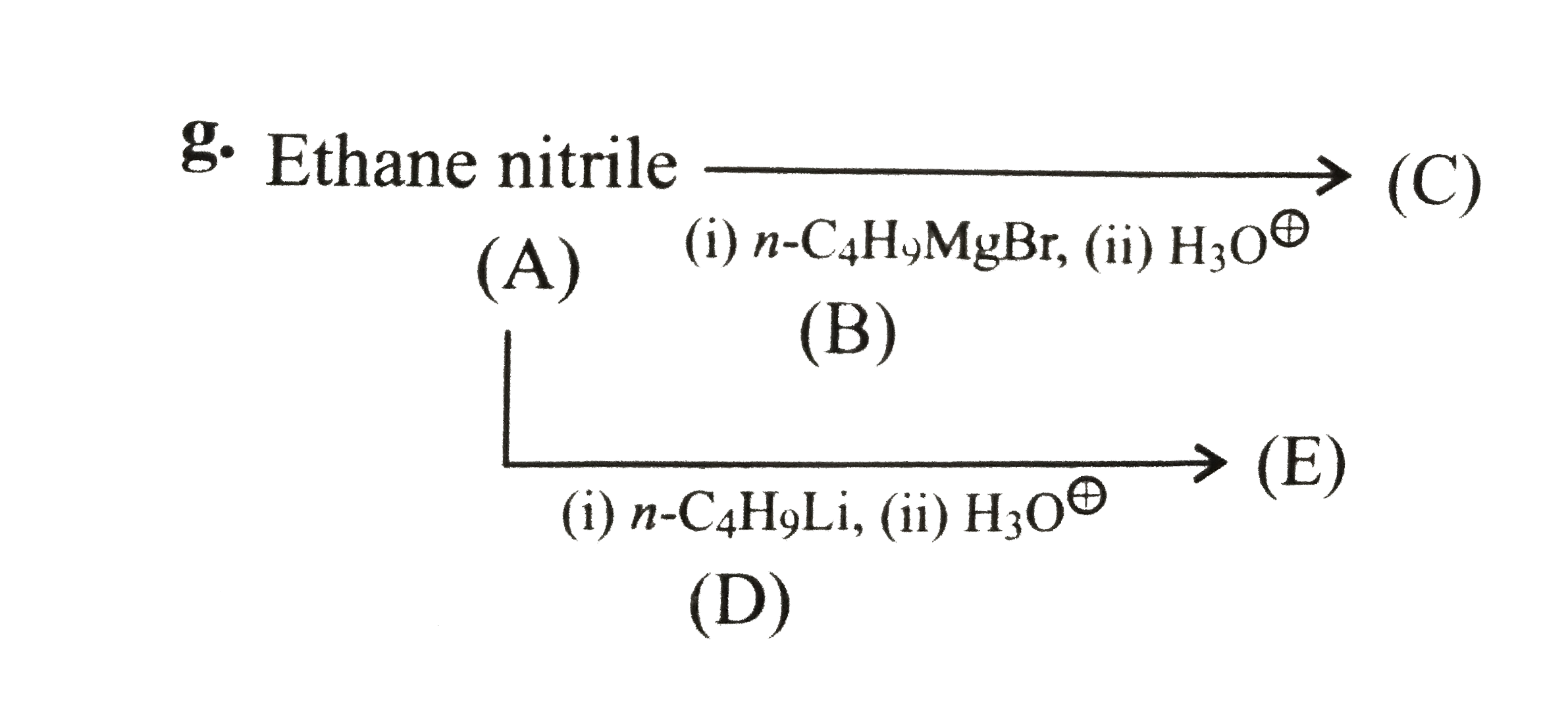
View SolutionComplete the following reactions:
a.
b.
c.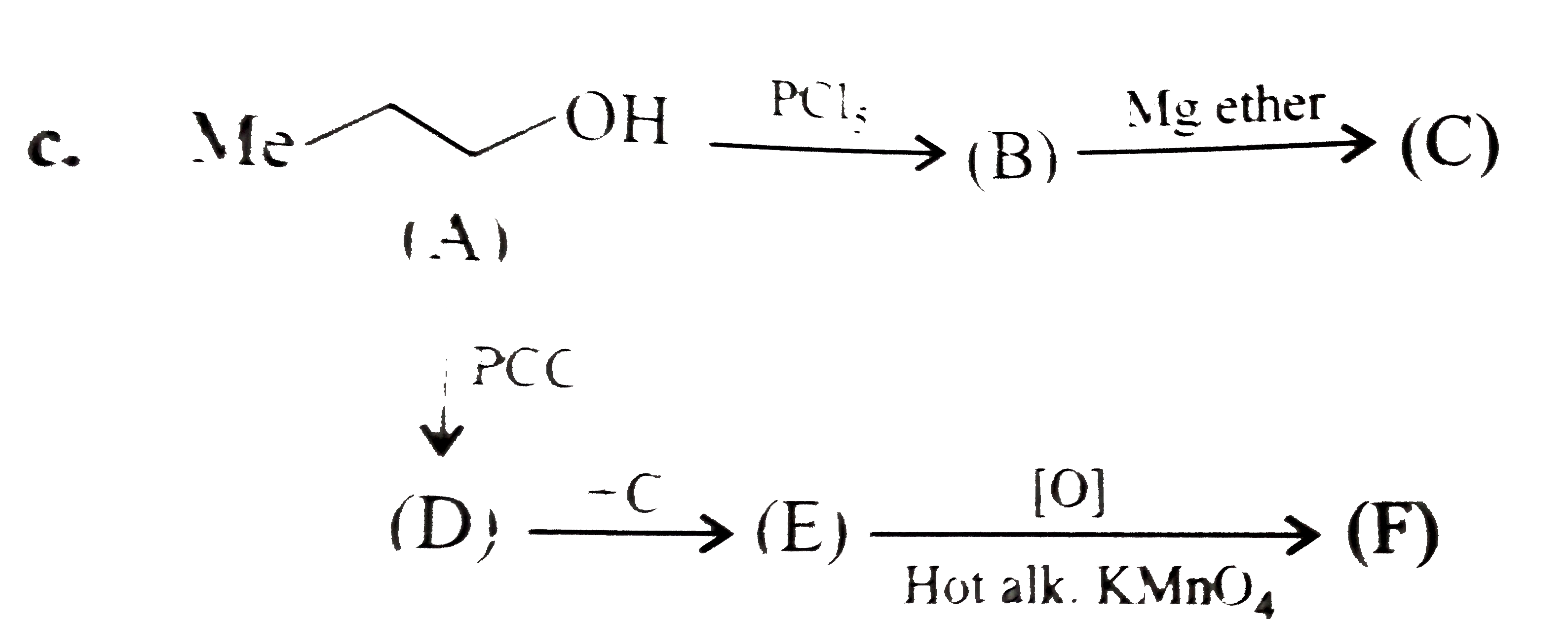
d.
e.
f.
g.
View SolutionComplete the following reactions:
a.
b.
c.
d.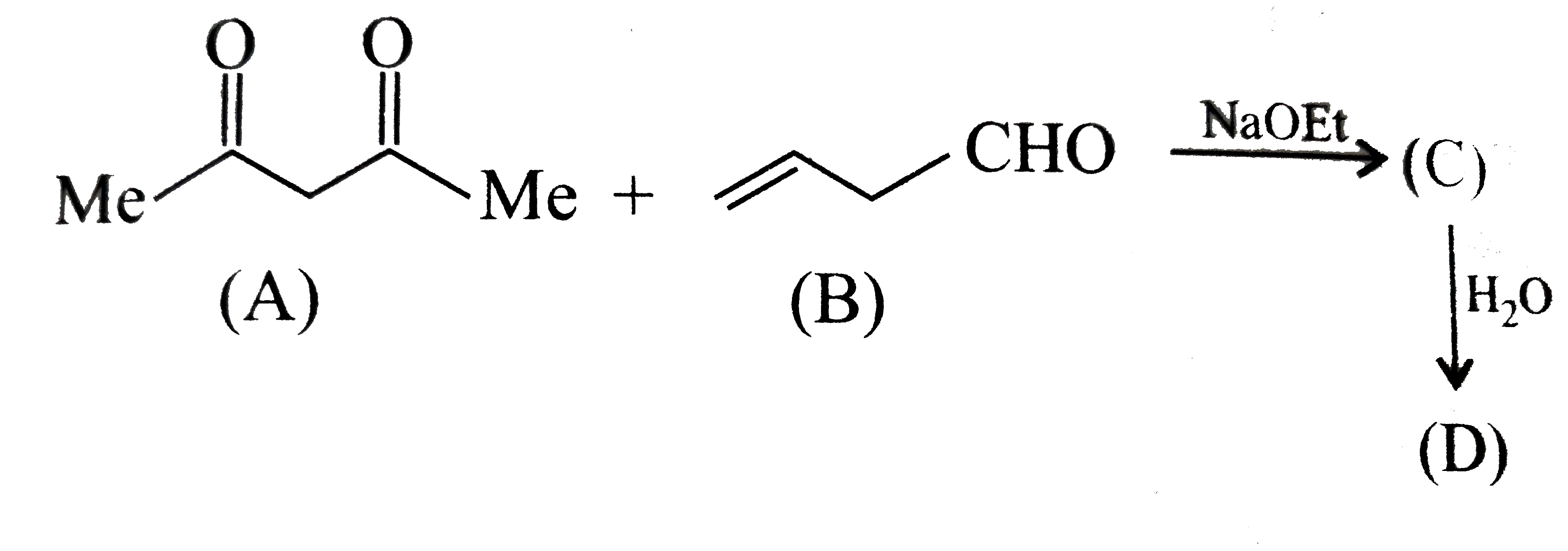
e.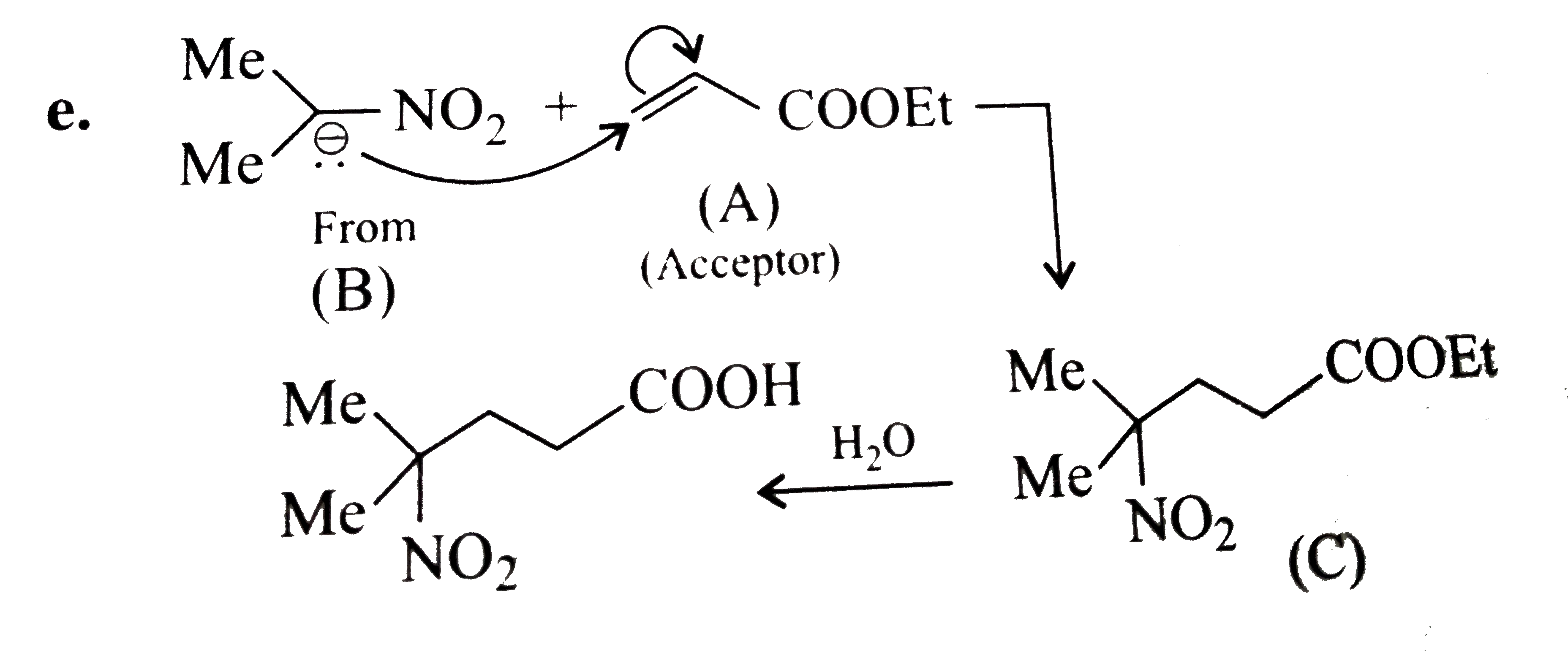
f.
g.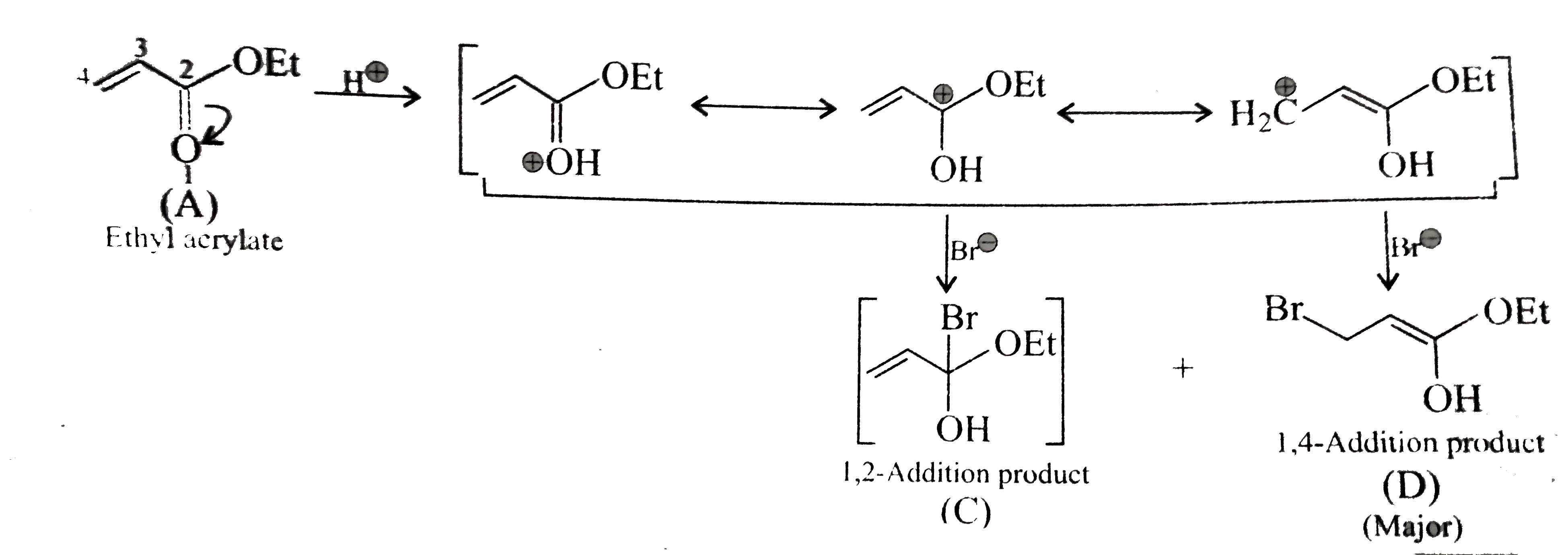
View SolutionComplete the following reactions:
a.
b.
c.
d.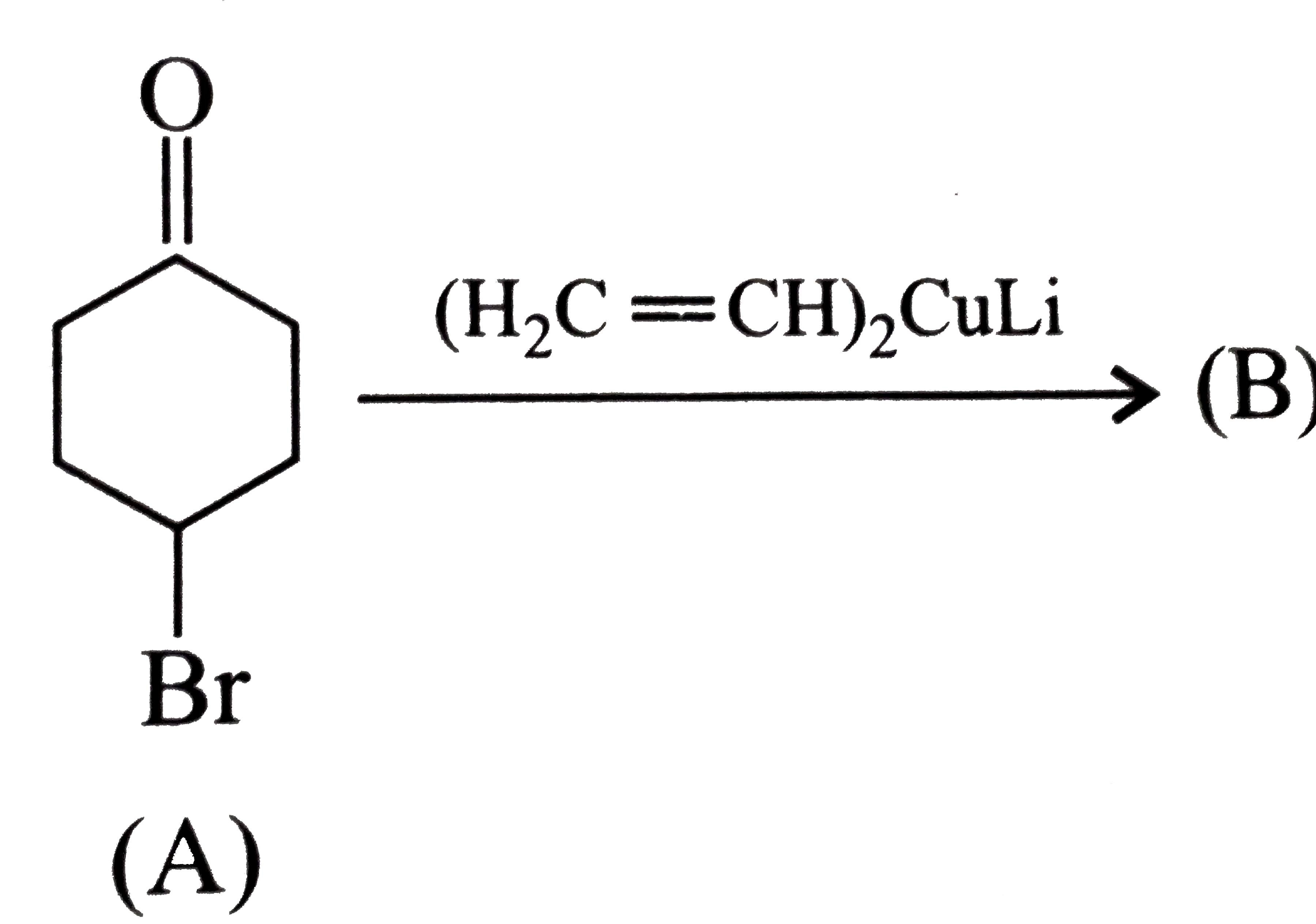
e.
f.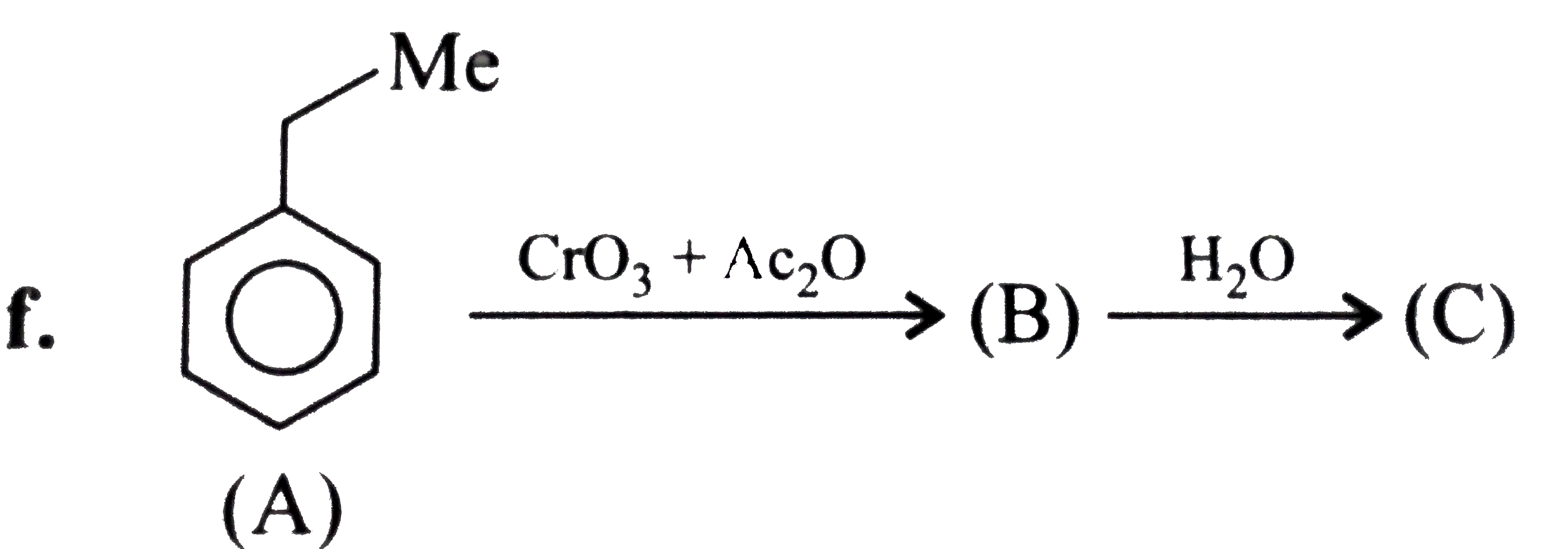
g.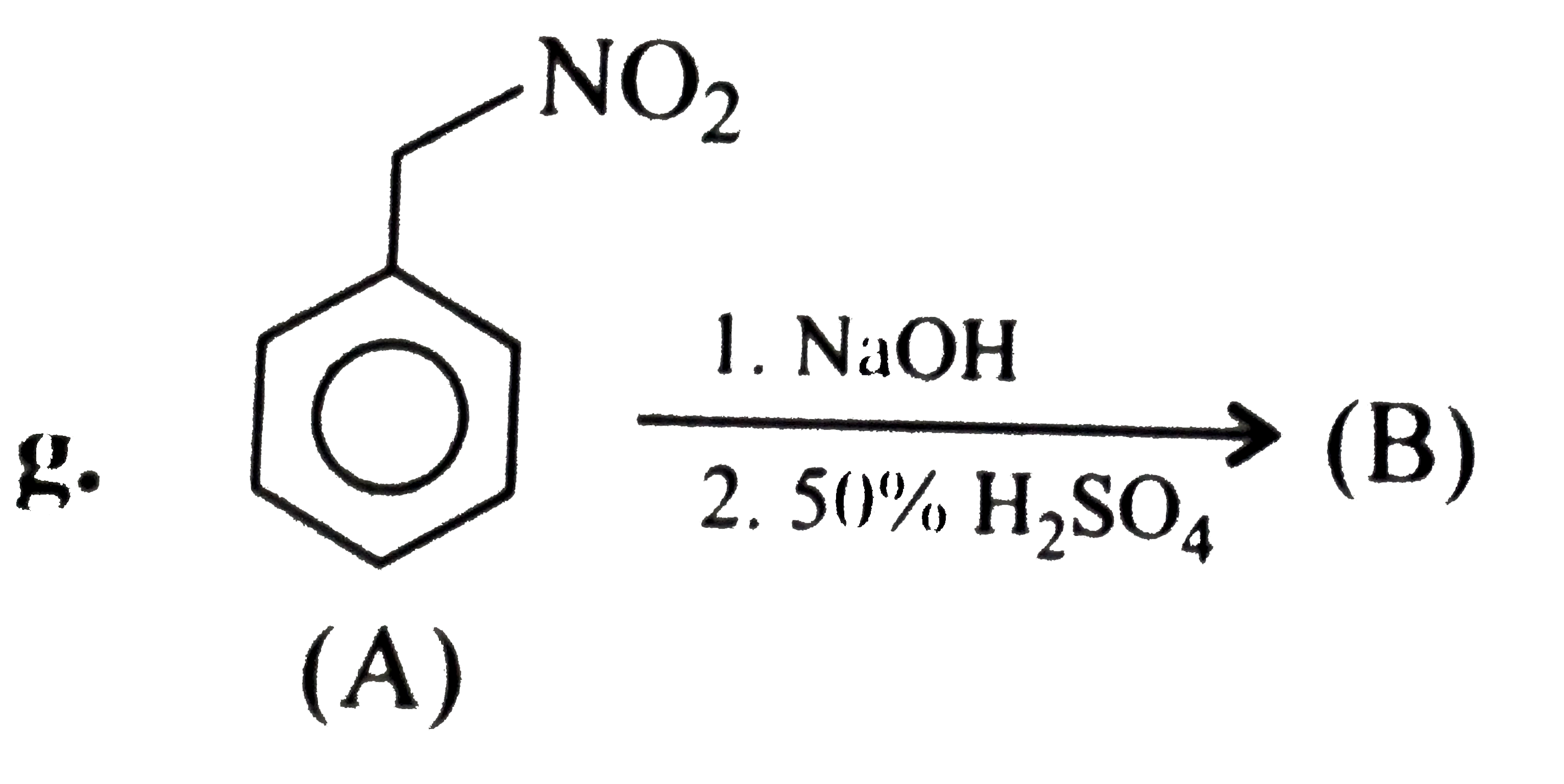
h.
i.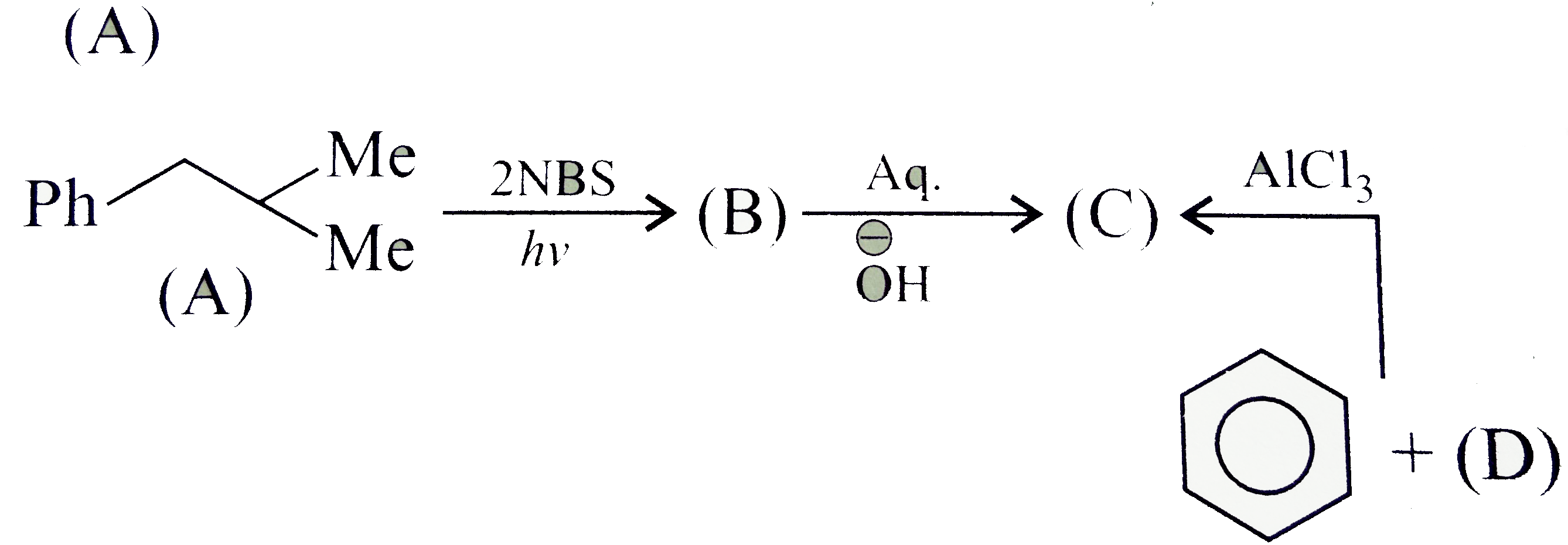
View Solution
